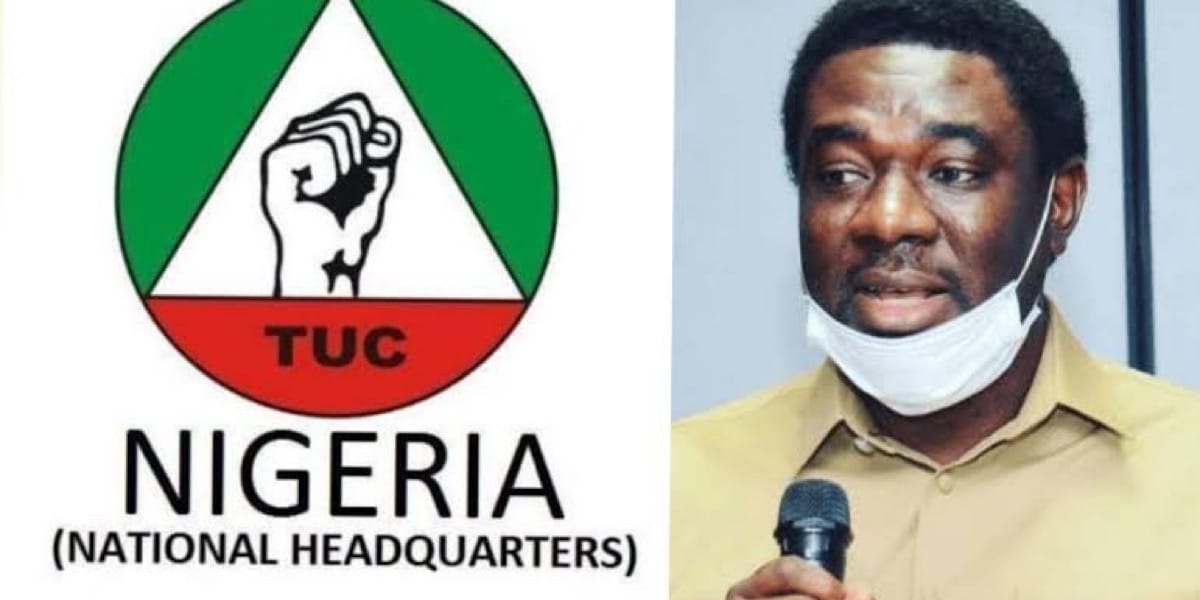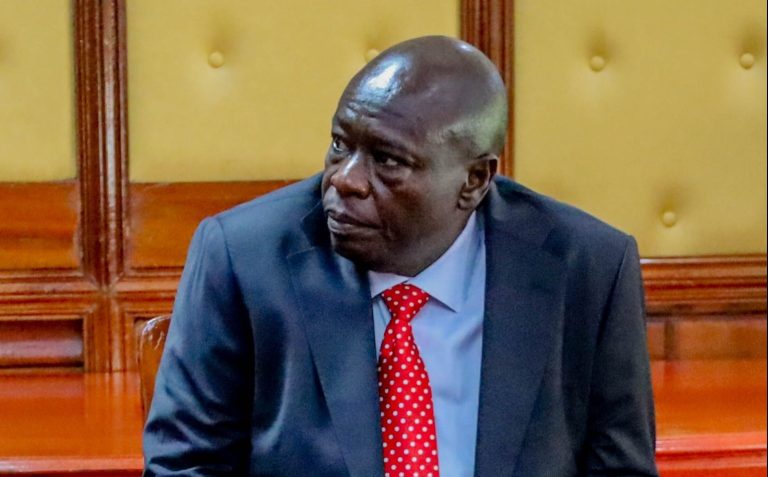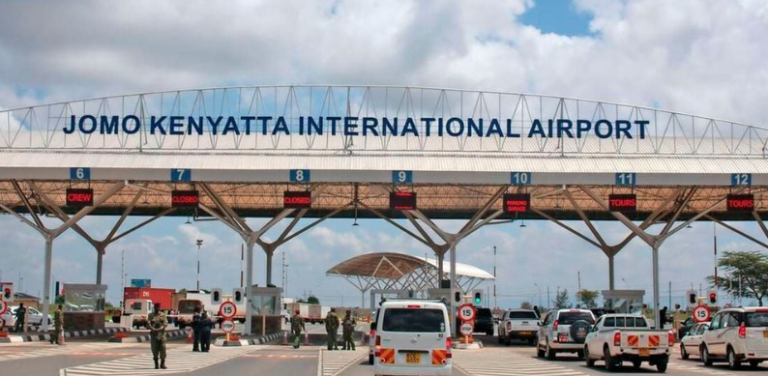
The Trade Union Congress (TUC) has issued a stern warning to the Federal Government, threatening a nationwide strike within two weeks if plans to implement a five per cent tax on petroleum products are not scrapped.
The proposed surcharge though originally introduced under the FERMA Act of 2002 and amended in 2007 has re-emerged as part of the government’s wider fiscal reforms aimed at boosting national revenue.
However, the plan has sparked widespread backlash, particularly from labour unions and the Organised Private Sector (OPS), who warn that any additional levies on fuel could exacerbate inflation, deepen hardship, and destabilize already fragile businesses.
In a joint statement on Monday, TUC President-General Festus Osifo and Secretary-General N.A. Toro described the tax as an “economic wickedness” that would compound the suffering of millions of Nigerians already grappling with rising costs.
“The government cannot continue to use Nigerians as sacrificial lambs for its economic experiments,” the statement read.
“Instead of providing jobs and relief, it is choosing to squeeze citizens even further. This is unacceptable.”
The union disclosed it had begun mobilizing affiliates, including civil society organisations, market leaders, student unions, and religious groups, for “total nationwide resistance” if the government insists on going ahead with the fuel levy.
While the tax would apply to fossil fuels like petrol and diesel, it would exempt alternatives such as cooking gas, kerosene, compressed natural gas (CNG), and other renewable energy sources.
Government: No Start Date Set Yet
Public concern surged last week following speculation that the tax could take effect as early as January 2026, though the Presidential Committee on Fiscal Policy and Tax Reforms has since clarified that no implementation date has been approved.
Committee Chairman Taiwo Oyedele stated that while the tax provision is not new being part of an existing law it has never been implemented due to past fuel subsidy policies.
He also emphasized that only the Minister of Finance can authorize the activation of the surcharge.
Private Sector: “Wrong Policy at the Wrong Time”
Members of the Organised Private Sector (OPS) have firmly rejected the proposal, warning that it could deliver a devastating blow to the economy.
President of the Lagos Chamber of Commerce and Industry (LCCI), Gabriel Idahosa, argued that the surcharge would inevitably be passed on to consumers, worsening the cost of living.
“If the tax is applied at the pump, consumers will bear the cost,” Idahosa said.
“Fuel consumption is already down due to high prices. This tax will only worsen the situation, especially for workers relying on public transportation.”
He further noted that price competition among fuel stations might slightly buffer the impact, but warned that any increase could trigger a chain reaction across sectors.
“Even a modest increase gives transporters an excuse to hike fares, which inflates the cost of everything else,” he added.
Idahosa also expressed concern over Nigeria’s slow transition to renewable energy, noting that only around 100,000 vehicles nationwide have been converted to CNG a number far too low to provide meaningful relief.
President of the Association of Small Business Owners of Nigeria (ASBON), Femi Egbesola, also condemned the proposed surcharge, citing rising tax burdens and weak social protection systems.
“We are paying too many taxes already. Yet the government keeps squeezing citizens and businesses without offering meaningful support,” he said.
“We’re seeing businesses shut down daily. If things don’t change, we may hit a breaking point.”
Egbesola acknowledged economic progress on paper, but insisted that the real economy is deteriorating.
“Macroeconomic gains don’t matter if small businesses are folding and households can’t survive,” he said.
“No new tax should be introduced until there’s real income growth and price stability.”
He also called for increased investment in alternatives like CNG and solar energy to reduce the country’s dependence on fossil fuels before implementing any fuel-related levy.
Echoing similar concerns, Segun Kuti-George, National Vice President of the National Association of Small-Scale Industrialists (NASSI), rejected the tax outright, calling it “one burden too many.”
“Any additional tax at this time is simply tone-deaf,” he said.
“The government needs to innovate, not rely solely on taxation. There are other ways to raise revenue.”
Kuti-George warned that higher fuel costs would increase input prices, trigger inflation, and reduce the competitiveness of local manufacturers.
FERMA Law: An Old Provision Resurfaces
The five per cent surcharge is rooted in the Federal Roads Maintenance Agency (FERMA) Act, which provides for a user charge on petrol and diesel. The 2007 amendment earmarks 40% of the funds to FERMA and 60% to State Roads Maintenance Agencies.
Though the law exists, successive administrations had delayed implementation due to fuel subsidies and potential political backlash.
With subsidies now removed, the government may be revisiting the provision to fund road maintenance but public opposition is growing.
What Happens Next?
For now, the government has not set a date for implementing the surcharge, but the growing chorus of opposition from labour and business groups suggests that any move forward could trigger serious resistance.
The TUC has made its position clear: revoke the policy or face a national shutdown.
“Enough is enough,” the union warned.
“Nigerians deserve economic justice not endless punishment.”



